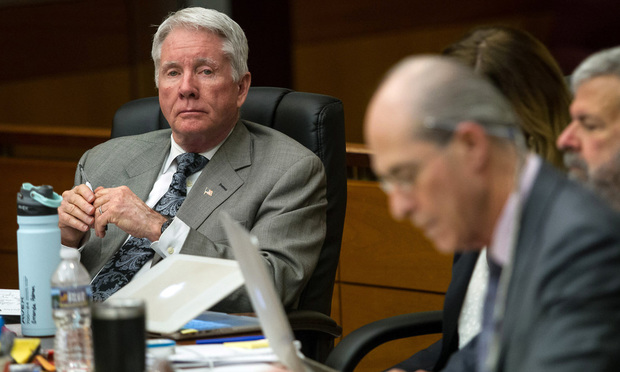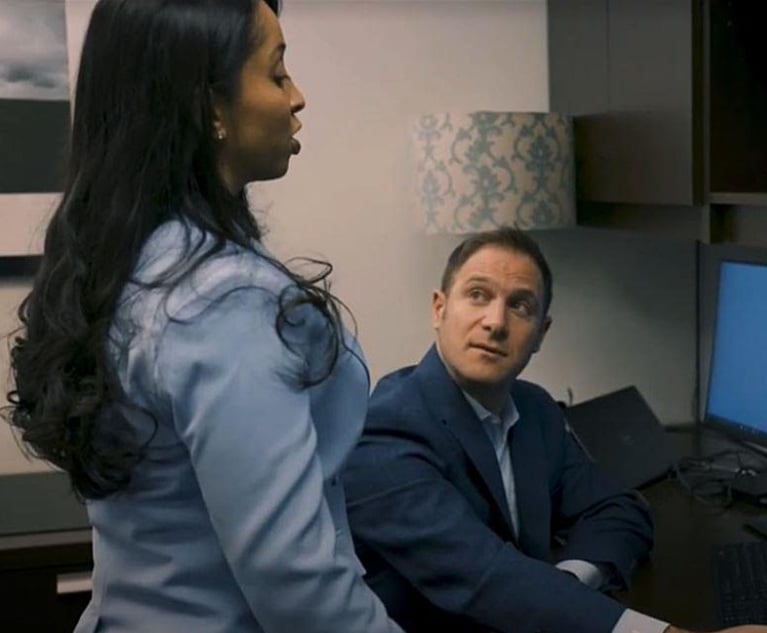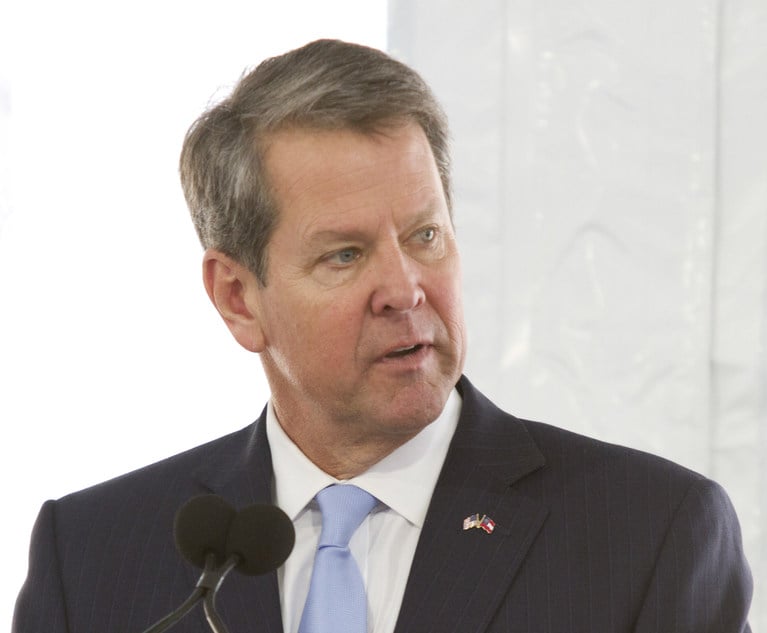Fulton County prosecutors resumed the murder trial of Atlanta attorney Claud “Tex” McIver on Monday by revisiting the night his wife died at Emory University Hospital after he shot her.
The jury heard from the surgeon who operated on Diane McIver, who described her fatal injuries and Tex McIver’s demeanor immediately before and after his wife’s death. Mciver’s trial reopened for a fourth week of testimony Monday after a weeklong hiatus for spring break.

 Tex McIver (from left) with defense counsel Don Samuel and Bruce Harvey.
Tex McIver (from left) with defense counsel Don Samuel and Bruce Harvey.








